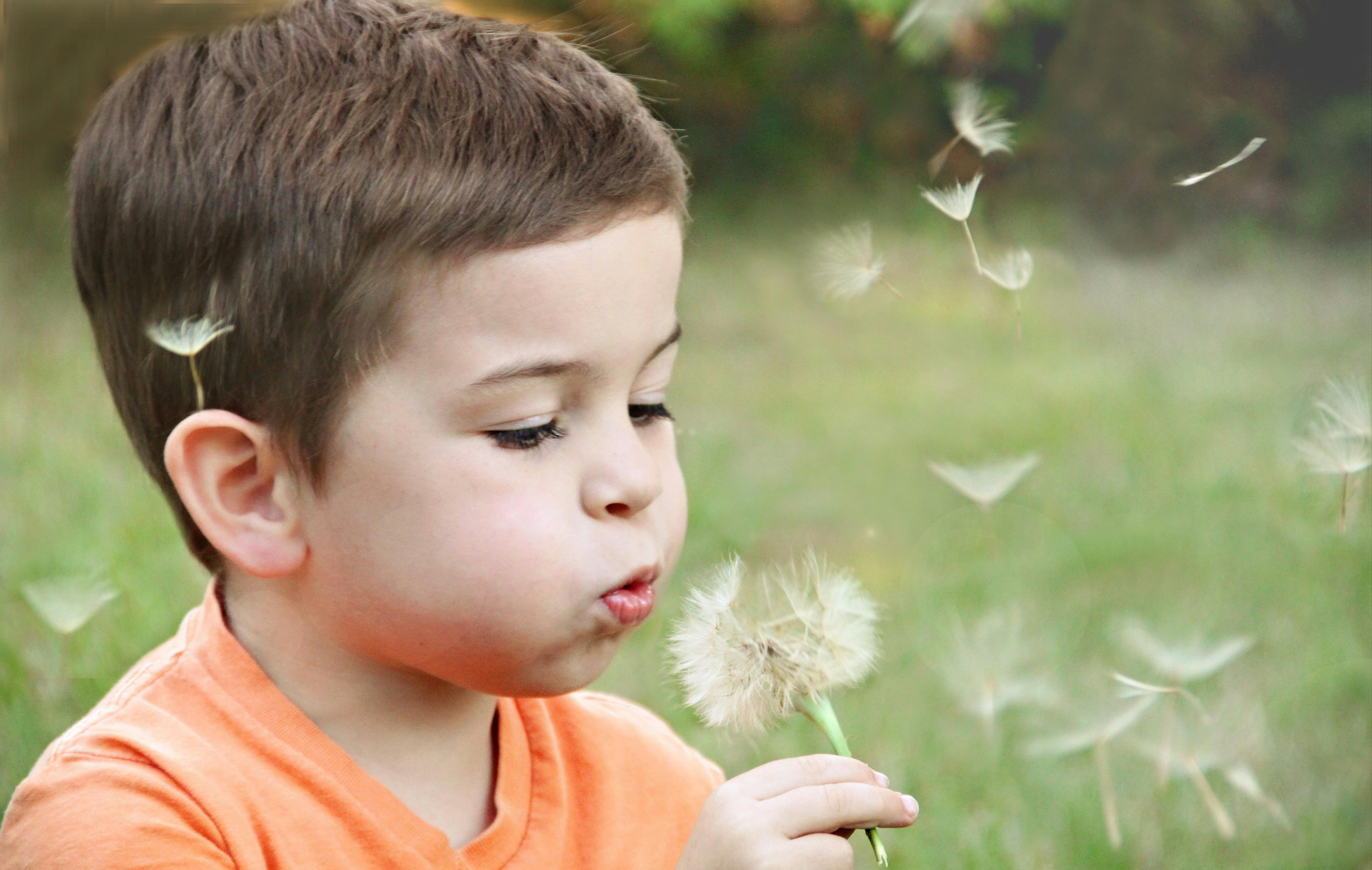Together Through Stories: building empathy and connection in a digital society
1 octombrie 2025
Today, technology can bring us closer to people thousands of miles away, but it can also push us away from the person sitting next to us. Children are growing up surrounded by screens, constantly exposed to a wealth of information and entertainment. In this digital flood, however, they risk losing touch with the joy of real interactions and the values that give depth to relationships.
In the earlier articles of this series, we explored how stories can foster resilience in children and support emotional education and emotional intelligence. Now, we'll keep going on this journey into the world of stories to talk about another great benefit: the ability to build empathy and real connections with other people.
Stories as a Mirror of Emotions
When listening to a story, children learn to step into another person’s shoes and understand emotions through their perspective. The characters' voices, facial expressions, and emotional responses help them deal with their own feelings and understand how other people are feeling. This exercise in active listening provides children with the opportunity to practice social interactions in a safe and supportive environment.
Personalized audio stories take this even further by placing children right at the heart of the adventure. Their names, familiar details, and everyday settings make the story deeply personal. Empathy becomes a lived skill rather than an abstract idea. Research indicates that consistent exposure to stories fosters the development of empathy in children and contributes to creating a family environment founded on mutual respect.
Connection Between Siblings, Parents, and Friends
One of the greatest gifts of stories is that they are rarely experienced alone. A story listened to together becomes a shared space, a neutral ground where children and parents can meet without rush or distraction. Siblings discover the joy of sharing the same adventure, laughing at the same events, or feeling moved by the same ending.
In a society where each family member risks being absorbed by their own screen, stories offer children a natural way to build healthy relationships and demonstrate empathy. Listening to them in the evening becomes a calming bedtime ritual. Played in the car on the way to school, they transform ordinary moments into shared experiences. In educational settings, stories help children manage emotions not only with peers but also with the surrounding adults. Parents and teachers play a crucial role in guiding this process, teaching effective strategies for fostering mutual respect and empathetic behaviours.
Practical Ideas to Cultivate Empathy Through Stories
Choose a bedtime story together and discuss the characters’ feelings. Asking questions like “How do you think the character felt?” encourages children to recognize emotions in others and process negative feelings. In one Povelia story, a little girl loses her favorite teddy bear and cries. Her brother comforts her by offering his own toy, helping children link the story to their own emotions.
Invite siblings to co-create a story. Creative activities like this help children develop imagination and practice empathy through collaboration. For example, one child invented a friendly dragon, and the sibling added that the dragon helps children cross a raging river. The story became a shared adventure where each child felt seen and valued.
Use personalized audio stories as a starting point for role-play. Stepping into the character’s shoes allows children to rehearse empathetic behavior and mutual respect in social situations. In a story, a boy shares his sandwich at school. Later at home, the child replayed the scene during pretend play, practicing generosity and perspective-taking.
Revisit favorite stories after a while. Repetition helps children notice how their understanding of emotions evolves. At age four, a girl laughed when a puppy got lost in the park. At six, listening again, she said earnestly that she would have helped the puppy find its way home. Stories thus become milestones in the growth of empathy.
Together with Povelia, Beyond Screens
Empathy and connection are essential for the healthy development of our children. Stories are effective strategies for teaching them to recognize their own emotions, build healthy family relationships, and practice respect in different social situations. They help children grow into empathetic individuals who listen actively and understand the importance of others’ feelings.
As we’ve discovered throughout this series, stories are far more than entertainment. They play a fundamental role in emotional education, guiding children to cultivate empathy and demonstrate caring behaviours. In a world dominated by screens, stories give our children the chance to create a nurturing family environment and learn empathy in its most authentic form.
Discover how Povelia’s personalized audio stories can help children learn empathy, manage emotions, and build genuine connections with parents and teachers.
Încearcă acum o poveste audio personalizată!
Cu Povelia, poți crea o ocazie unică de apropiere și comunicare cu cel mic, în care să uitați de stres, griji sau ecranele telefoanelor.

Ultimele articole
Intră în comunitatea de părinți care
au ales Povelia pentru copiii lor
Abonează-te la newsletter și primești instant 2 povești extra în cont pentru mai multe momente speciale petrecute cu copilul tău, plus sfaturi pentru dezvoltarea sa personală.





